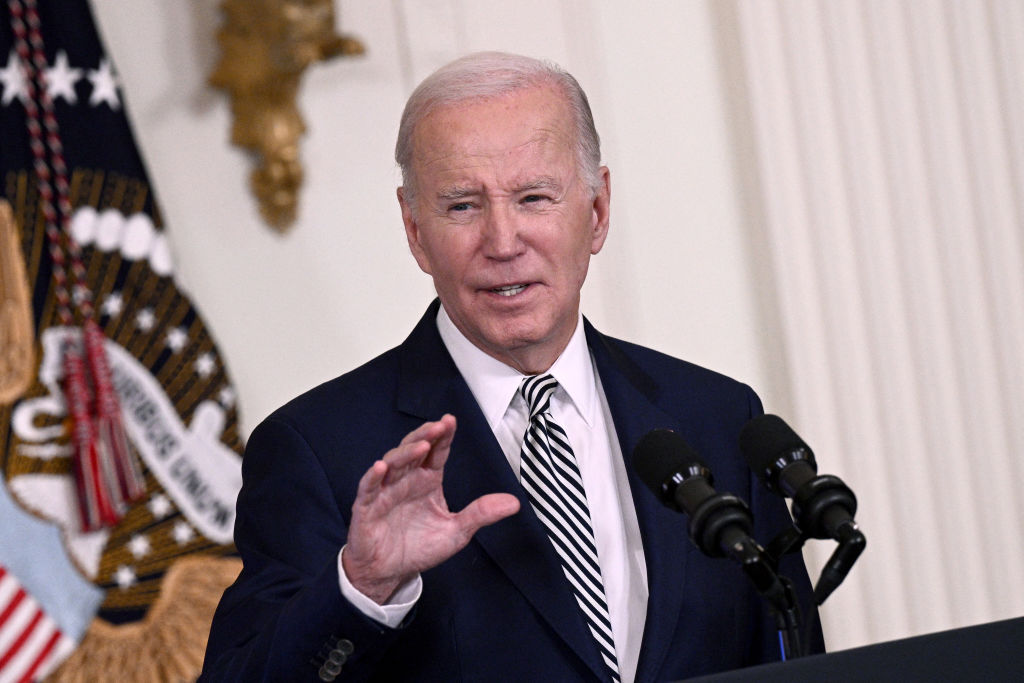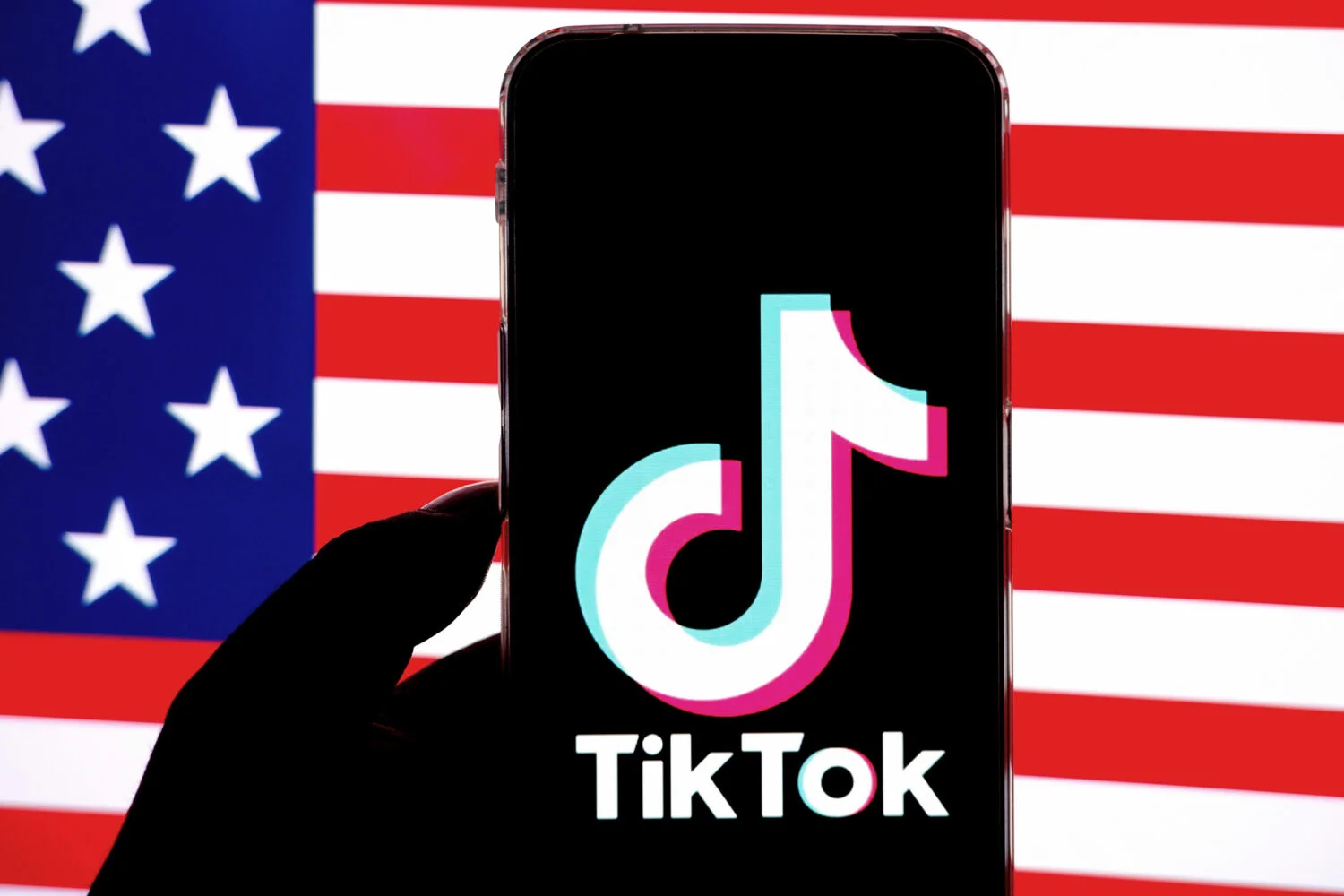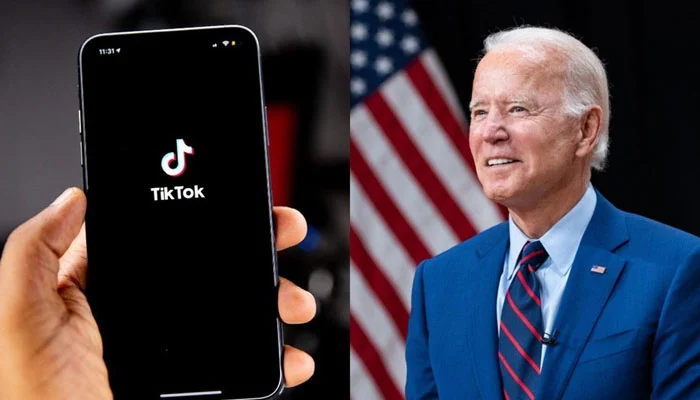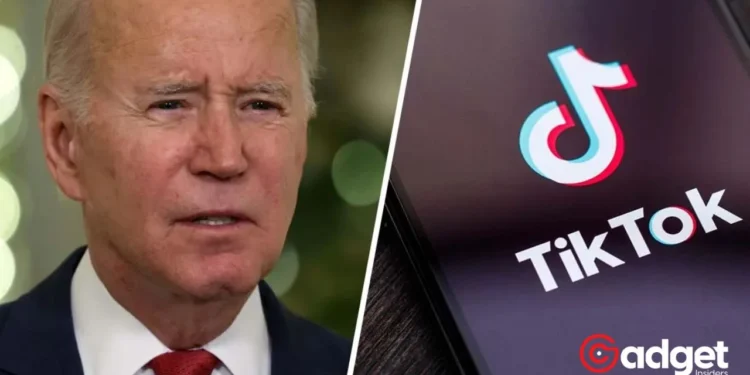In a striking turn of events, President Joe Biden has declared his readiness to endorse a groundbreaking bill poised to prohibit TikTok’s operations within the United States. This decision comes amid growing apprehensions over national security and the protection of American data from foreign adversaries. With TikTok’s vast user base of 150 million monthly active users in the U.S. alone, the implications of such a ban could reverberate across the nation, affecting not just millions of users but also the fabric of digital communication and content creation.
The Genesis of the Ban
The discourse surrounding the potential banishment of TikTok from American soil is not a new saga. It traces back to years of mounting skepticism against the video-sharing juggernaut, with its alleged data privacy concerns and purported ties to the Chinese government sparking a national security alarm.
The Federal Communications Commission (FCC) Commissioner, Brendan Carr, notably sounded the alarm in 2022, urging tech giants to excise TikTok from American app repositories.

This longstanding contention reached a crescendo on March 8, when President Biden, in a statement to the press, affirmed his stance, stating he would sign the bill should it successfully navigate through Congress.
The bill, a 12-page document named the ‘Protecting Americans from Foreign Adversary Controlled Applications Act,’ seeks to shield the U.S. from the alleged digital espionage and misinformation campaigns orchestrated via platforms like TikTok, owned by ByteDance, a company with partial Chinese state ownership.
Joe Biden: Unveiling the Concerns
Central to the Congressional debate is the assertion that TikTok acts as a conduit for the massive extraction of sensitive U.S. data, potentially accessed by entities in Beijing. These apprehensions are compounded by fears that the Chinese government could manipulate the app’s algorithms to disseminate propaganda or misinformation.
Despite ByteDance’s rebuttals and assurances against such claims, the shadow of doubt cast by its connections with the Chinese Communist Party (CCP) and the potential for espionage has rendered the platform a focal point of scrutiny.

The bill delineates a clear ultimatum for TikTok and its parent company, ByteDance: to avert a ban, a pivotal restructuring of its ownership is imperative, distancing it from any affiliations with the Chinese government.
This stance, articulated by Rep. Mike Gallagher, underscores a conditional tolerance for the company’s operation, contingent upon a significant overhaul of its governance structure.
President Joe Biden has stated that he will sign the bill banning TikTok if Congress passes it pic.twitter.com/NL2FIS9BH1
— Dexerto (@Dexerto) March 8, 2024
TikTok: A Fractured Reception
The proposed legislation has ignited a firestorm of reactions, particularly from TikTok’s corner. The CEO of the brand, Shou Zi Chew, lambasted the bill as a thinly veiled attempt to ban the platform outright, critiquing it for infringing upon the First Amendment rights of 170 million Americans and jeopardizing the livelihoods of 5 million small businesses that leverage the platform for growth and employment.
This bill is an outright ban on the ByteDance app, no matter how much the authors try to disguise it. This legislation will trample the First Amendment rights of 170 million Americans and deprive 5 million small businesses of a platform they rely on to grow and create jobs.

As the bill inches closer to a decisive vote on the House floor, the debate rages on, encapsulating a broader discourse on data privacy, national security, and the intricate dance of geopolitical power plays. The looming TikTok ban stands as a testament to the evolving challenges and considerations at the intersection of technology, governance, and international relations.
In the coming days, as Congress deliberates on this pivotal legislation, the eyes of the nation—and indeed, the world—will be fixed on the outcome. Will TikTok navigate this legislative labyrinth to emerge unscathed, or will it succumb to a redefinition that could alter the digital landscape forever?
Only time will tell, but one thing is certain: the resolution of this saga will mark a significant milestone in the ongoing narrative of digital sovereignty and cybersecurity.










